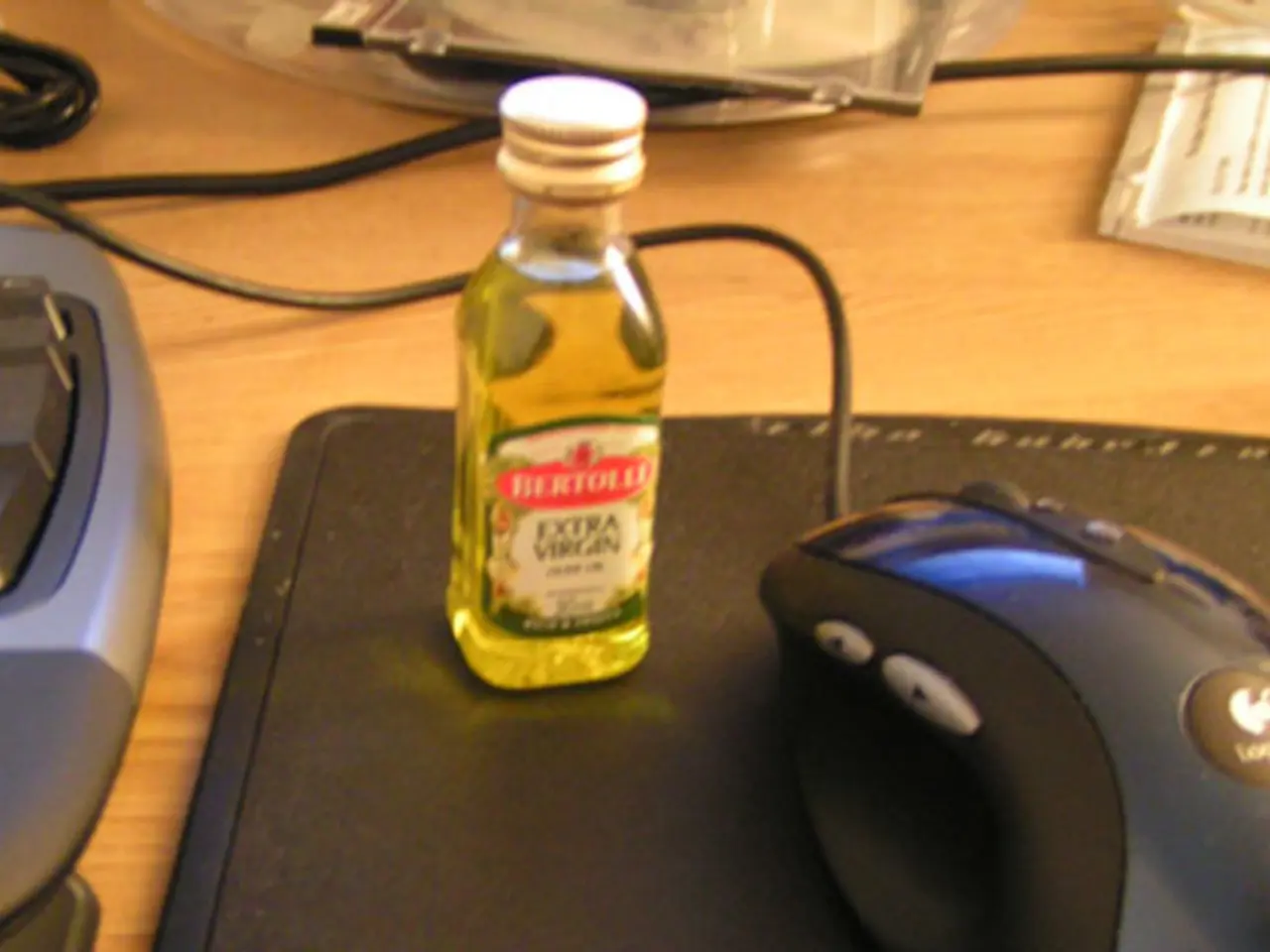Techniques for EnhancingCreativity and Cognitive Functioning
In the quest to unlock the full potential of creativity and mental flow, a systematic approach is key. This state, often referred to as the "flow state," can be achieved by fostering focus, minimising distractions, leveraging natural cognitive rhythms, and supporting brain health through a combination of habits, techniques, and supplements.
## Deep Focus Techniques
Carving out uninterrupted, distraction-free blocks of time for cognitively demanding tasks is crucial. Known as deep work, this practice helps train the brain for sustained focus, essential for both creative output and entering flow states. Time blocking and the Pomodoro technique, which involves focused work sessions followed by short breaks, can also help maintain concentration and reduce burnout. Identifying peak alertness periods and reserving them for your most important creative work, or biological prime time, can significantly boost productivity.
## Idea-Stimulating Habits
Working in the presence of others, or body doubling, can increase productivity, focus, and the perceived meaningfulness of your work through positive peer pressure. Creating a workspace that minimises distractions and encourages immersion is also important. Establishing rituals that signal to your brain it's time to focus, such as a short walk, meditation, or a specific playlist, can help prime your brain for creative work.
## Stress-Reduction Techniques
Practices that cultivate present-moment awareness, such as mindfulness and meditation, can reduce stress, clear mental clutter, and enhance creative thinking. Regular breaks, physical activity, and exposure to nature can also prevent cognitive fatigue and maintain high levels of creative output over time.
## Nootropics for Creativity and Flow
Certain supplements can support the neurochemistry underlying focus, creativity, and stress resilience. L-Theanine, for example, promotes relaxed alertness and increases alpha brain waves, associated with calm, meditative focus and heightened imagination. L-Tyrosine supports dopamine and norepinephrine production, enhancing working memory, mental flexibility, and cognitive performance under stress. Citicoline boosts acetylcholine, supporting working memory, attention, and goal-oriented behaviour. Rhodiola Rosea reduces stress and fatigue, helping maintain focus and impulse control during prolonged creative efforts.
## Integrated Approach
Combining these strategies creates a synergistic effect. Deep focus habits and idea-stimulating routines prime your brain for creative work; stress-reduction techniques protect against burnout and mental fatigue; and carefully selected nootropics can amplify your natural cognitive strengths. Tailor this framework to your personal rhythms and needs for optimal results.
Exposing oneself to new environments, books, conversations, or art stimulates creativity by providing raw creative material. Setting a clear intention for a work session, while allowing flexibility in how ideas are explored and expressed, keeps the brain engaged and prevents creative paralysis. Creativity often emerges during mental downtime, such as walking, showering, or relaxing, activating the brain's default mode network (DMN) which plays a key role in idea generation.
Lion's Mane Mushroom stimulates neurogenesis and brain plasticity, supporting novel thinking and conceptual blending, the foundation of creativity. Citicoline supports acetylcholine production and brain energy metabolism, enhancing focus and idea synthesis. Rhodiola Rosea reduces fatigue and supports cognitive flexibility under pressure, making it easier to stay mentally fluid during demanding or spontaneous creative sessions.
Cross-pollination of ideas from different fields often leads to creative breakthroughs. Mental flow, or being "in the zone," is a state of deep, energized focus where time fades and productivity soars. Experiment, measure your responses, and refine your approach to engineer a reliable state of creativity and mental flow.
- Deep work, with its uninterrupted, distraction-free blocks of time, trains the brain for sustained focus, vital for creative output and entering flow states.
- Time blocking and the Pomodoro technique, by maintaining concentration and reducing burnout, can be utilized for maintaining focus during cognitively demanding tasks.
- Identifying peak alertness periods for creative work can significantly increase productivity, as these times can boost focus and creativity.
- The practice of working in the presence of others, or body doubling, increases productivity, focus, and the perceived meaningfulness of work through positive peer pressure.
- Creating a workspace that minimizes distractions and encourages immersion can help prime your brain for creative work.
- Practices such as mindfulness and meditation, which cultivate present-moment awareness, can reduce stress, clear mental clutter, and enhance creative thinking.
- Regular breaks, physical activity, and exposure to nature can prevent cognitive fatigue and maintain high levels of creative output over time.
- L-Theanine, a supplement, promotes relaxed alertness and increases alpha brain waves, associated with calm, meditative focus and heightened imagination.
- L-Tyrosine supports dopamine and norepinephrine production, enhancing working memory, mental flexibility, and cognitive performance under stress.
- Lion's Mane Mushroom, by stimulating neurogenesis and brain plasticity, supports novel thinking, conceptual blending, and the foundation of creativity.








